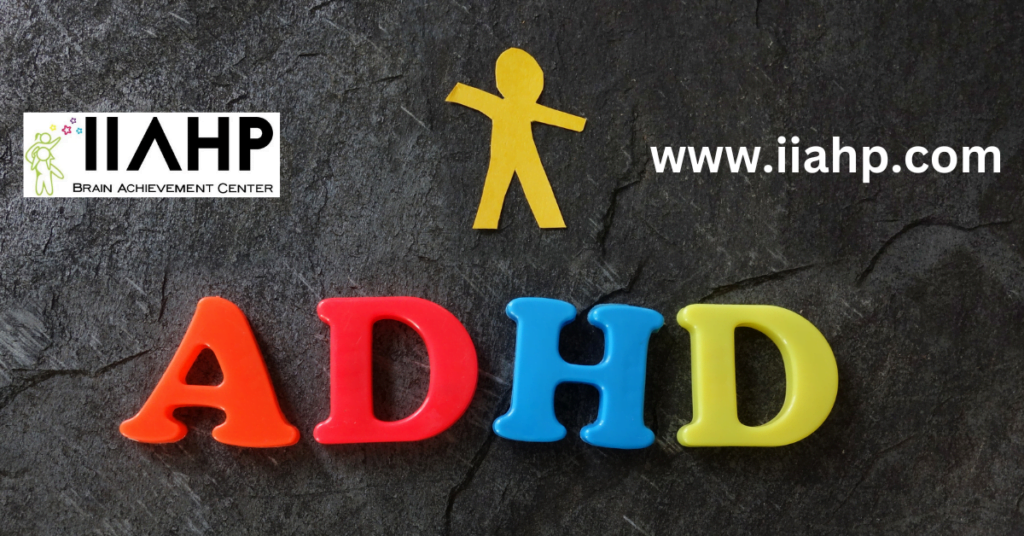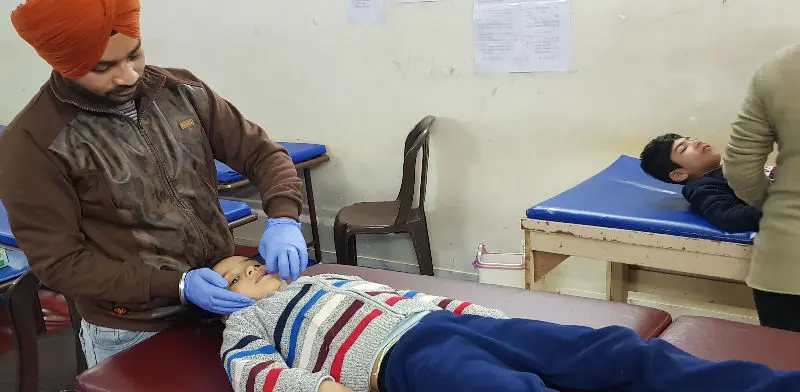Attention Deficit Hyperactivity Disorder (ADHD) is a neurodevelopmental disorder that affects millions of children and adults worldwide. It presents challenges in maintaining attention, regulating impulses, and controlling hyperactivity. The treatment of ADHD in Chandigarh has seen significant progress over the years, shifting towards more humane and empathetic approaches that acknowledge the unique struggles and strengths of individuals with ADHD. This article delves into the principles of compassionate ADHD treatment and explores the role of personalized therapies in nurturing the inner world of those living with ADHD.
Understanding ADHD Beyond the Surface
ADHD is not a mere attention deficit; it is a complex interplay of biological, environmental, and emotional factors. Instead of hastily labeling individuals with ADHD as “troublesome” or “difficult,” we must delve deeper into understanding their struggles and experiences. Compassionate treatment begins with empathy, acknowledging that each person’s ADHD is different, and their emotions and self-esteem may be affected. By acknowledging the emotional turbulence that accompanies ADHD, we can offer a nurturing environment where individuals feel heard and supported.
Rethinking Medication: A Multi-faceted Approach
While medication can be a valuable tool in managing ADHD symptoms, it is essential to adopt a multi-faceted approach that goes beyond pharmaceutical intervention. Non-stimulant medications, behavioral therapies, and counseling can complement medication. This holistic approach acknowledges the individual’s emotional needs, fosters coping skills, and encourages self-awareness.
Cultivating Emotional Resilience
The emotional toll of ADHD can be overwhelming for both children and adults. Supporting emotional resilience is vital in promoting long-term well-being. Emotional intelligence training, mindfulness practices, and support groups can be immensely beneficial in helping individuals cope with their emotions constructively. By nurturing emotional intelligence, we empower individuals to recognize and understand their feelings, leading to better self-regulation.
Educational Interventions: Tailoring Learning Strategies
Education plays a significant role in the lives of individuals with ADHD. Standardized learning approaches may not suit everyone, so educators should adopt flexible and personalized teaching methods. Breaking tasks into smaller, manageable steps, providing visual aids, and incorporating interactive learning can create a more engaging and ADHD-friendly learning environment. Empowering educators with knowledge about ADHD will foster empathy and understanding in the classroom.
Creating Supportive Home Environments
A supportive and nurturing home environment is crucial for individuals with ADHD to thrive. Parents and caregivers can help by setting clear routines, offering positive reinforcement, and maintaining open communication. Instead of focusing on shortcomings, it is important to celebrate achievements and small victories. Family counseling can provide a safe space for discussing challenges and finding collective solutions.
Art and Play Therapy: Tapping into Creativity
Art and play therapy offer a unique opportunity for individuals with ADHD to express themselves freely. Engaging in creative activities can enhance focus, reduce anxiety, and improve self-esteem. These therapies provide a non-judgmental space for exploration and growth, allowing individuals to connect with their emotions and experiences in a profound way.
Physical Activity: Channeling Excess Energy
Hyperactivity is a hallmark of ADHD, but rather than stifling it, we should focus on channeling this energy positively. Engaging in regular physical activities, such as sports or dance, can help release pent-up energy and improve concentration. Exercise has also been shown to promote the release of endorphins, fostering a sense of well-being.
Conclusion
In conclusion, ADHD treatment has evolved to become more humane and empathetic, moving away from a one-size-fits-all approach. Understanding the emotional impact of ADHD, adopting multi-faceted treatment strategies, and nurturing emotional resilience are essential in supporting individuals with ADHD on their journey to self-discovery and growth. By fostering a compassionate and inclusive environment, we can empower individuals with ADHD to embrace their unique qualities and flourish in their own way. Together, let us cultivate empathy and understanding, unlocking the full potential of every individual living with ADHD.
If you know someone who could benefit from our expertise in overcoming various difficulties and disorders, we extend a warm invitation to reach out to us at IIAHP Therapy Center and Learning School. Our center specializes in treating and addressing disorders that are often challenging and not commonly undertaken by other treatment centers.
With a comprehensive range of therapies available, we are dedicated to providing effective treatments for conditions such as Down Syndrome, Dyslexia, Autism, Developmental Delay, Cerebral Palsy, Mental Retardation, Speech difficulties, Slow Learners, and ADHD. Additionally, we offer tailored therapies for special needs children and teenagers.
Our mission is to support your loved one on their journey to wellness and development. So, please don’t hesitate to contact us and explore how our services can make a positive difference in their lives. Let us work together to unlock their potential and ensure a brighter future.






